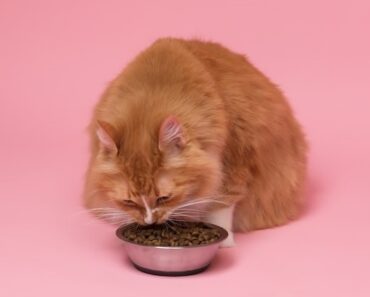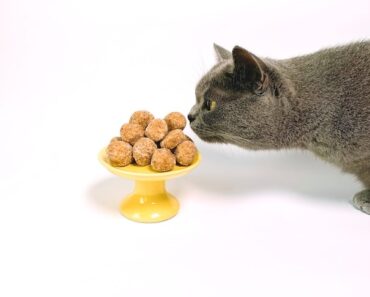If you’re a dog owner, you’ve probably faced those puppy-dog eyes begging for a share of your favorite snacks. But when it comes to Hot Cheetos, can you share the heat with your furry friend? Let’s delve into the truth and explore safe alternatives.
The Risks of Hot Cheetos for Dogs
Hot Cheetos contain spices, artificial flavors, and high levels of salt, which can be harmful to dogs. The spicy seasoning, in particular, may cause digestive issues, upset stomach, and discomfort for your canine companion. Moreover, the high salt content could lead to sodium ion poisoning, a serious condition for dogs.
Key Points:
- Spices in Hot Cheetos can cause digestive issues.
- High salt levels may lead to sodium ion poisoning.
Understanding Dogs’ Digestive System
Dogs have a different digestive system than humans, and certain foods that are safe for us can be harmful to them. Spicy foods like Hot Cheetos can irritate their stomach lining, leading to vomiting or diarrhea.
Note: Always consult your vet before introducing new foods into your dog’s diet.
Safe Alternatives for Doggy Treats
While Hot Cheetos are a no-go, there are plenty of dog-friendly alternatives to satisfy your pet’s snack cravings:
- Carrot Sticks: Crispy and low in calories, carrots make an excellent snack for dogs.
- Apple Slices: Remove seeds and core before sharing this crunchy treat with your pup.
- Plain Popcorn: Skip the butter and salt – plain, air-popped popcorn is a light and tasty option.
- Cooked Sweet Potato: Rich in vitamins, sweet potatoes are a healthy and flavorful choice.
- Doggy Treats: There are numerous commercially available treats formulated specifically for dogs.
Remember, moderation is key when treating your dog. Even safe alternatives should be given in small portions to avoid unnecessary calories.
Conclusion
In conclusion, it’s best to steer clear of sharing Hot Cheetos with your dog. The spices and high salt content pose risks to their digestive health. Instead, opt for safe and healthy alternatives that your pup will love. Always consult with your veterinarian to ensure you’re making the best choices for your furry friend’s well-being.






